- Overview
- Symptoms
- Risks, Prevention & Screening
- Tests & Diagnosis
- Types
- Your Breast Cancer Care Team
- Treatment
- Living With Breast Cancer
- Remission & Recurrence
- Advanced Breast Cancer
- Support & Resources
- Appointment Prep
- View Full Guide
Everyday Habits to Lower Breast Cancer Risk

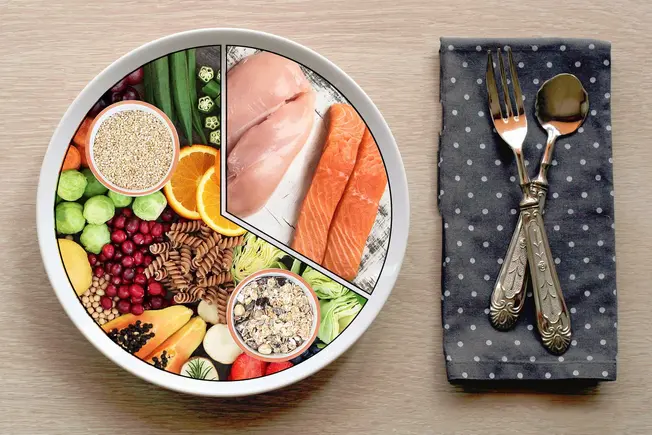
Balance Your Diet
Your food choices may help cut your odds of having breast cancer, though scientists are doing more research to learn how diet affects the disease. Focus on vegetables, fruits, beans, and whole grains, which should make up two-thirds of your plate. Reserve the other third for lean protein such as poultry or fish. More than 5 cups a day of plant-based fare is a good guideline.
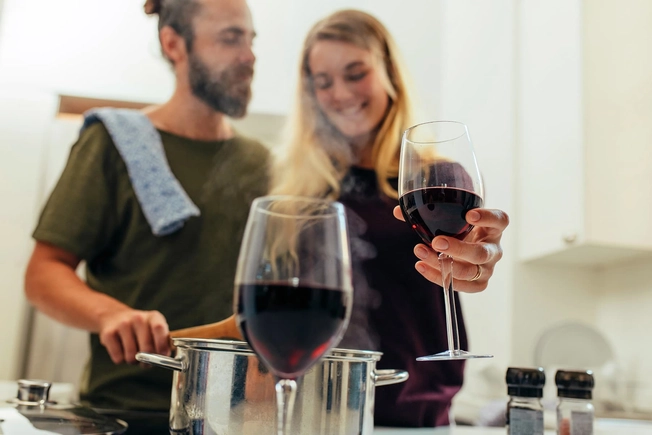
Limit Alcohol
If you’re a woman who has two or three servings a day of wine, beer, or liquor, your risk is 20% higher than one who doesn’t drink at all. Experts say if you want to imbibe, have no more than one drink a day. That only slightly raises your chances of getting breast cancer.
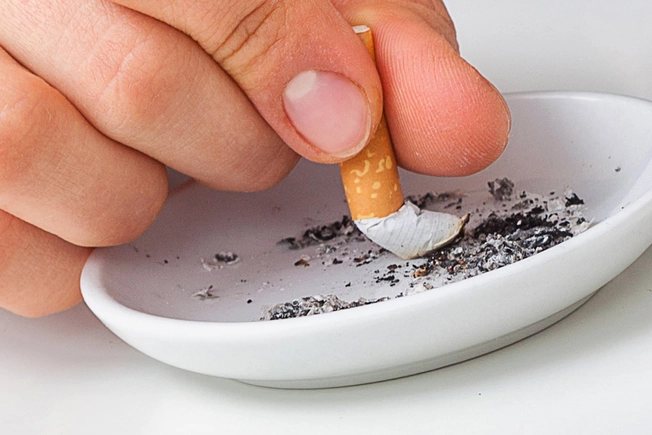
Don’t Smoke
Tobacco use is linked to a higher risk of breast cancer, especially in younger women who haven’t gone through menopause. How much you smoke, the age when you started, and how long you continue all affect how likely you are to get the disease. If you’re a smoker, ask your health care provider about ways to help you quit.
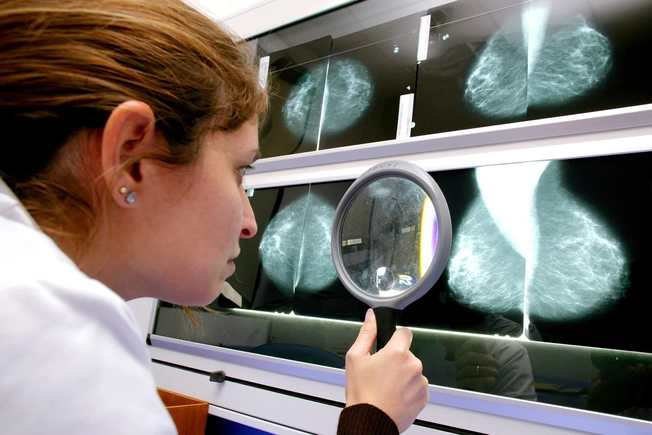
Know Your Tissue Type
The makeup of all breasts is different. If yours have less fatty flesh and more milk glands and supportive tissue, they’re called “dense.” That can raise your breast cancer risk and make abnormal cells harder to spot on scans. Mammograms are one way to measure your tissue type. If you have dense breasts, take other steps to lower your odds for breast cancer. You may need to get screened more often or use more advanced screening tests.

Get Your Workouts In
Regular physical activity can lower your breast cancer risk. Experts say you should get either 150 minutes of moderate exercise or 75 minutes of harder, vigorous workouts over the course of a week. You can also do a bit of both.
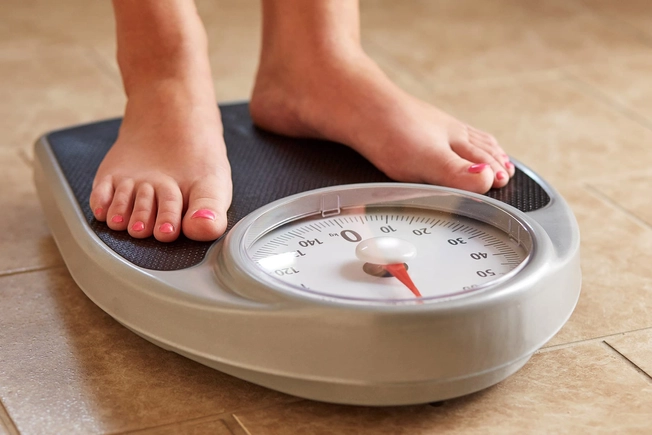
Watch the Scale
When you eat a balanced diet and exercise, that can help you stay at a healthy weight, which also lowers your chance of breast cancer. Extra pounds, particularly if you put them on as an adult, are linked to a higher risk of the disease. That’s especially true for women who have been through menopause.
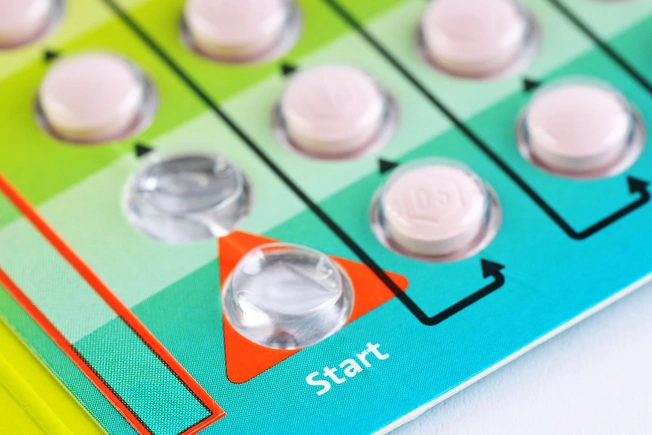
Consider Your Birth Control
Hormonal forms of contraception -- such as pills and some IUDs -- are linked to a slightly higher chance of breast cancer. But they can also protect you against other types of tumors. Your doctor can help you think about how the things that raise your odds of having breast cancer compare with the reliability and health benefits of different types of birth control and decide what’s best for you.
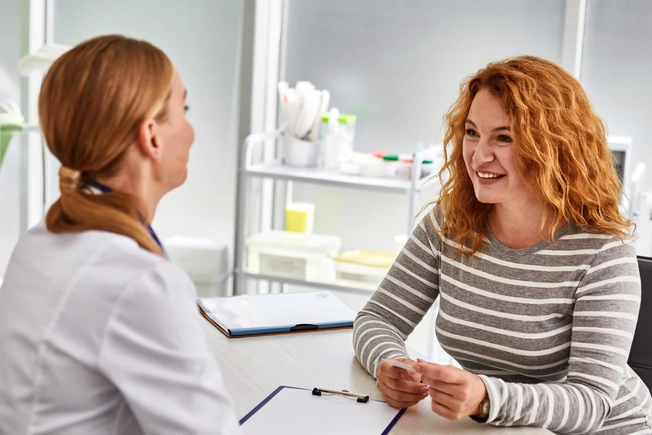
What About HRT?
Some women take hormone replacement therapy to ease menopause symptoms or prevent bone fractures. But your risk of breast cancer rises when you take the combination type (estrogen and progesterone) or if you take the estrogen-only type for many years. If menopause seriously affects you, talk to your doctor about your options. If you decide to take this medication, you’ll want the lowest effective dose for the shortest amount of time.
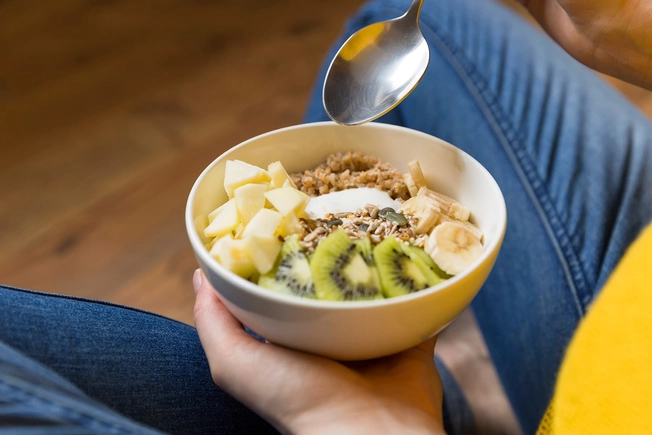
Make Sure You Get Fiber
You can find this nutrient in whole grains, vegetables, fruits, and beans. Women who eat plenty of these foods had a lower risk of breast cancer, according to several studies. Scientists aren’t exactly sure how it works to prevent tumors, but they’re doing more research to understand why. A fiber-rich diet can also help your health in other ways, like lowering your odds of diabetes and heart disease.

Keep It Dark
Women exposed to a lot of light at night -- whether because they do shift work or they live in well-lit areas -- may have a higher risk of breast cancer. Researchers think the link is a hormone called melatonin, which your body makes when darkness falls so that you’ll feel sleepy. If you can, try to control how much light you’re around at night. Tools like blackout shades, a sleeping mask, and low-watt bulbs in your bathroom can help.
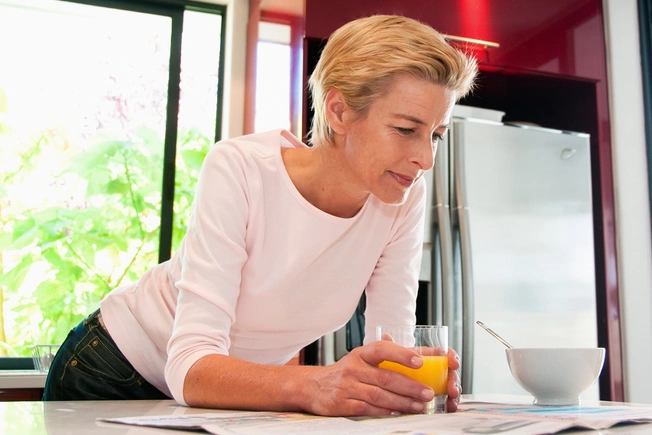
Do You Get Vitamin D?
Your body makes its own vitamin D when sunlight hits your skin. But a more reliable way to get enough is through foods like salmon, oysters, sardines, and fortified foods like milk and orange juice. When you don’t get enough of this nutrient, your risk of breast cancer may go up. You can also get it in supplement form, but talk to your doctor before you take it.
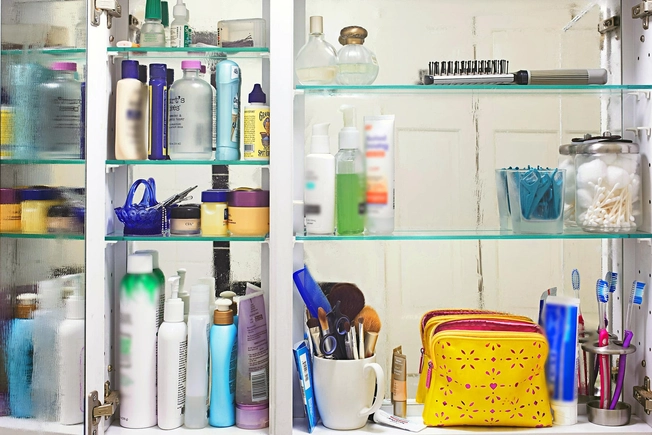
Check Your Toiletries
Many cosmetics, lotions, and hair products have parabens, which can act like a weak estrogen in your body. Some scientists think these chemicals might be able to trigger hormone-positive breast cancer, but the research is far from clear. If you’re worried about the risk, you can buy items made without this substance.
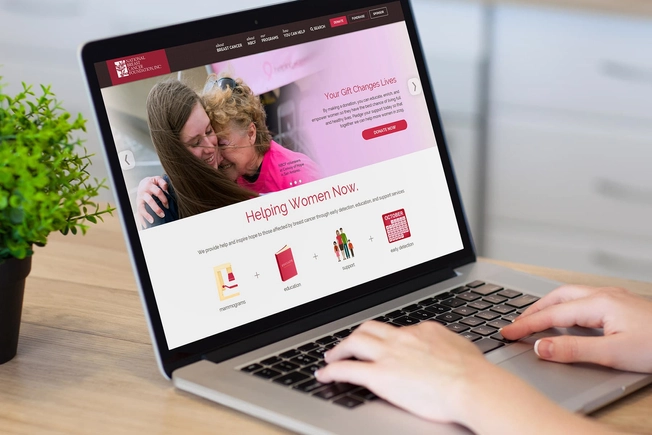
Be Informed
There’s a lot of misinformation about breast cancer out there. To address some common myths: A mammogram is an important screening tool, and it will not cause a tumor to spread. You will not raise your risk if you shave your underarms or use antiperspirant. Wearing a bra -- underwire or other types -- does not affect your odds.